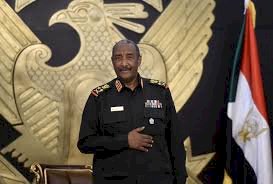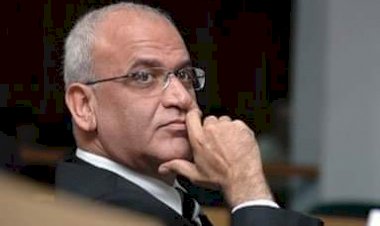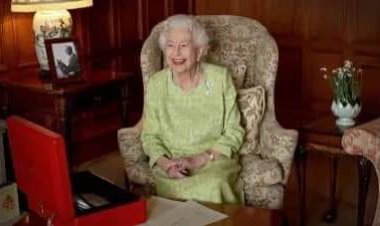Scoop: Decisive meeting could lead to Israeli-Sudanese normalization

U.S., Emirati and Sudanese officials will hold a decisive meeting in Abu Dhabi on Monday on a possible normalization agreement between Sudan and Israel, Sudanese sources told me.
Why it matters: If the U.S. and the United Arab Emirates accommodate Sudan’s requests for economic aid, an announcement on a normalization agreement with Israel similar to the ones struck with the UAE and Bahrain could be made within days, sources briefed on the process tell me.
Details:
- The White House National Security Council’s senior director for Gulf Affairs, Middle Eastern Affairs Directorate, Brig. Gen. Miguel Correa, is expected to represent the U.S. at the meeting. Correa was involved in the efforts to draft the Israel-UAE agreement.
- The UAE, which is hosting the meeting, will be represented by national security adviser Tahnoun bin Zayed, who is also in charge of the talks with Israel.
- Sudan will be represented by members of the civilian and military branches of the government — mainly the chief of staff to Prime Minister Abdalla Hamdok and Minister of Justice Nasredeen Abdulbari, who is also a U.S. citizen.
According to Sudanese sources, the government of Sudan is asking for the following economic aid in return for a normalization deal with Israel:
- More than $3 billion in humanitarian assistance and direct budgetary aid in order to deal with an economic crisis and fallout from devastating floods.
- A commitment by the U.S. and the UAE to providing Sudan with economic aid over the next three years.
Between the lines: Israel is following Monday’s meeting very closely. Since the meeting between Israeli Prime Minister Netanyahu and the chairman of the Sudanese Sovereignty Council Lt. Gen. Abdel Fattah al-Burhan last February in Uganda, both countries continued quiet talks on the possibility of normalization.
- The issue of normalization between Sudan and Israel was raised last Tuesday in a meeting in Washington between Netanyahu and Secretary of State Mike Pompeo. Israel has been encouraging the Trump administration to adhere to Sudan’s request for economic aid as part of any normalization deal.
- In addition to economic aid, the Sudanese government wants the Trump administration to remove Sudan from the State Department’s state sponsors of terrorism list. This issue is indirectly connected to the normalization deal with Israel.
- Pompeo supports delisting Sudan and set the end of October as a deadline for this move, according to U.S. officials.
But in order for this to happen, the following conditions must be met:
- The Sudanese government needs to pay $300 million as compensation to the families of U.S. citizens killed in terror attacks against U.S. embassies in Africa in 1998 and against the USS Cole in 2000.
- The U.S. Senate needs to pass a bipartisan bill spearheaded by Sen. Chris Coons (D-Del.) that will give Sudan immunity from future lawsuits in the U.S. and reinstate Sudan’s status as a country that does not sponsor terrorism.
- Pompeo is pressing both Republican and Democratic senators to support the bill and vote on it by mid-October. U.S. officials believe that a normalization agreement between Sudan and Israel will convince Congress to support such a bill.
The meeting in Abu Dhabi on Monday will take place on the sidelines of the visit by Burhan to the UAE. He is expected to meet with Crown Prince Mohammed bin Zayed to discuss the possible normalization deal with Israel in return for U.S. and Emirati aid for Sudan.
The big picture: Burhan is pushing for normalization with Israel and believes it will help Sudan get out of the economic and humanitarian crisis it’s facing, Sudanese sources tell me.
- Burhan only represents the military faction of the government. The civilian faction and Prime Minister Hamdok had reservations about the move for a long time out of concern for domestic protests.
- Sudanese sources told me that in recent days, Hamdok was convinced that normalization with Israel will serve Sudan’s interests and gave Burhan a green light to move forward if Sudan’s requests for economic aid are met.
The White House and Emirati officials decline to comment on this story.


















































